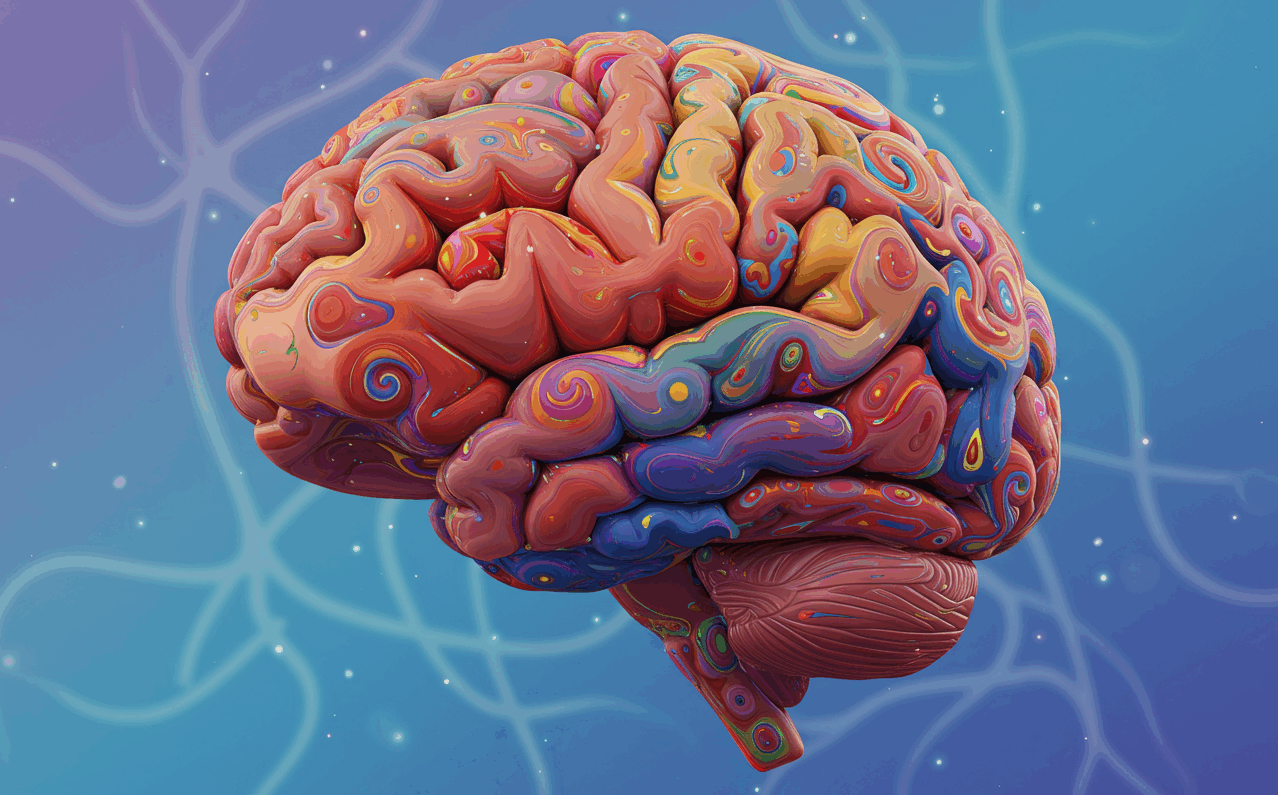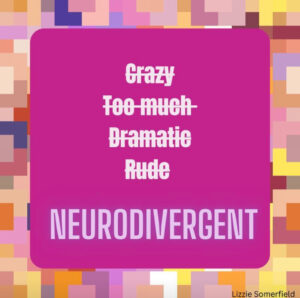ADHD and hypersensitivity often occur together, especially in women. Research shows there’s a reason for this. The dopamine receptor gene DRD4 is associated with higher cognitive empathy in women, and certain dopamine gene variants are associated with the personality variant of hypersensitive people. Yes, we are literally wired differently.
ADHD people have an endless thirst for knowledge and wisdom, and it is also proven that the ability to recognize patterns is more pronounced in an ADHD brain. Not only are we more empathetic, but we also pick up on behavioral patterns more quickly and sense what people feel and need more accurately. But why is this? It is because of the three types of empathy that are wired differently in our brains.
- Cognitive Empathy
Allows us to mentally understand and put ourselves in another person’s situation and understand their thoughts and intentions. - Emotional Empathy
Allows us to not only put ourselves in someone else’s shoes, but to actively feel their emotions in our bodies. Unfortunately, this also means that we can take on the moods of those around us, which can be detrimental in toxic environments. - Social Empathy
Is derived from both cognitive and emotional empathy and allows us to understand people of different races, cultures, backgrounds, ages, personalities, etc.
We have a higher emotional reactivity, which leads to stronger emotions and increased emotional empathy. All of these traits are perfect when working in a social field, such as being a nurse, doctor, teacher, etc. Outside of these fields, however, these abilities are often detrimental and result in more judgment, friction, and trauma for us.
Our ability to feel and read other people’s intentions is also one of the reasons why we are often marginalized and targets of bullying and retaliation. We often forget, at least I always do, that other people rarely see the true intentions of others, so if a person is acting and behaving in a way that is detrimental to the team/others, or is deliberately trying to deceive, we will usually call it out; and pay a heavy price for it.
Because we are blamed, labeled, insulted, and attacked for our abilities for most of our lives, we begin to doubt ourselves and our self-esteem shatters over time. This is especially true for those of us who were diagnosed later in life. When 10 people tell you that you are wrong, a troublemaker, a liar, a shit stirrer, and a problem, while no one else around you acts the same way, sees the same things, and speaks the same language, you come to the conclusion that they are right. You begin to believe that there is something seriously wrong with you, that you are crazy, neurotic, emotionally unstable, and stupid.
The damage done to us by others, as well as a lifetime of masking, trying to fit in, hiding our true thoughts and feelings, while constantly censoring our words and actions, is exhausting and often leads to severe depression, anxiety, and burnout. Doctors will then mislabel us as suffering from clinical depression and anxiety disorders and prescribe antidepressants, which of course never work.
This world is not built for people like me. From huge, open-plan offices, to managers who not only know nothing or very little about psychology and especially neurodiversity, to performance measures that are not designed to reward or include individuality, we are simply doomed to fail from the time we leave kindergarten until the time we retire. Unless, of course, you are lucky like me and end up in a company and position that celebrates my neurodiversity and recognizes my special abilities rather than punishing me for my shortcomings.
I feel and suffer with all my friends and those who have not yet had the courage to be tested. I hope they find help and understanding so they can thrive before they break.

